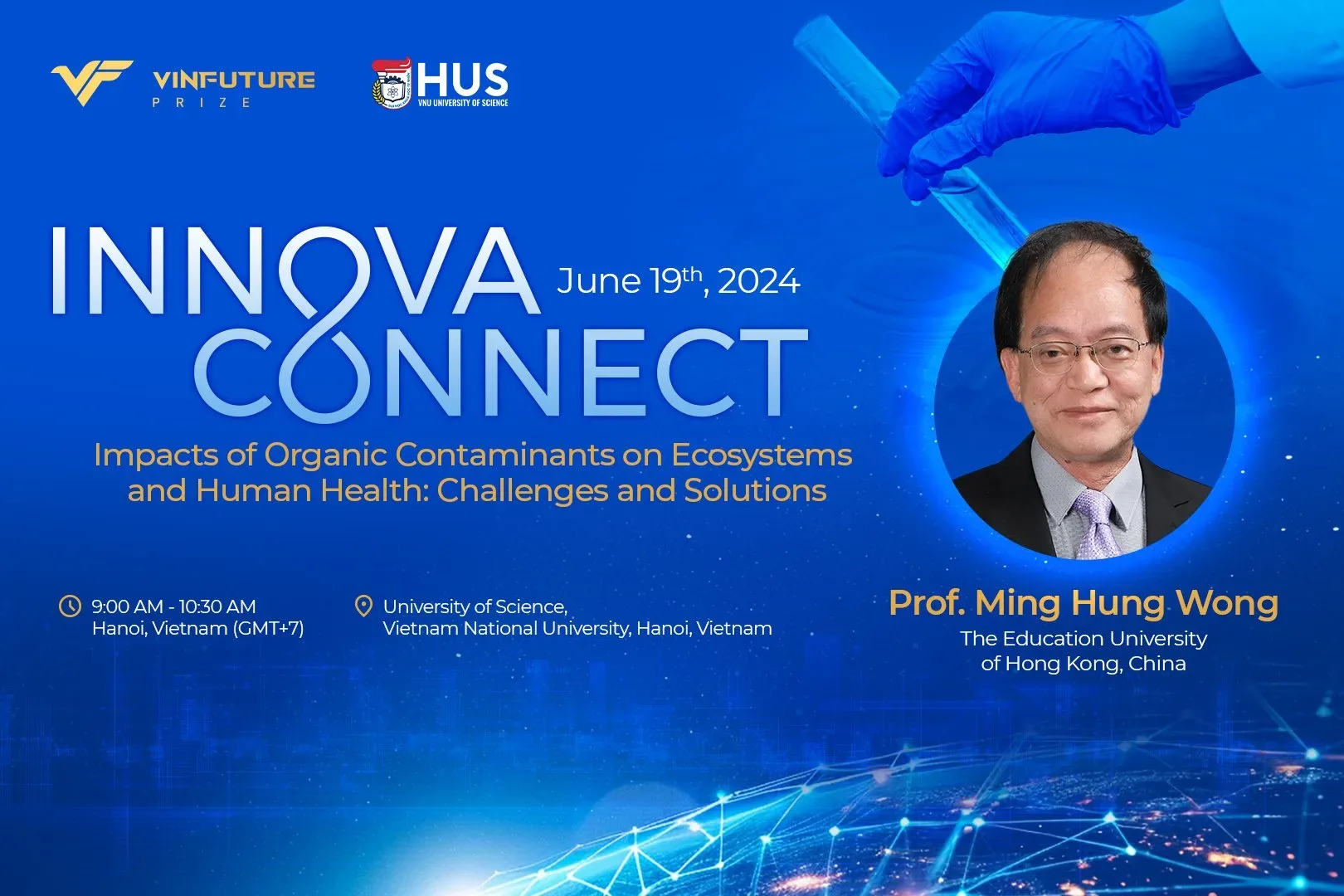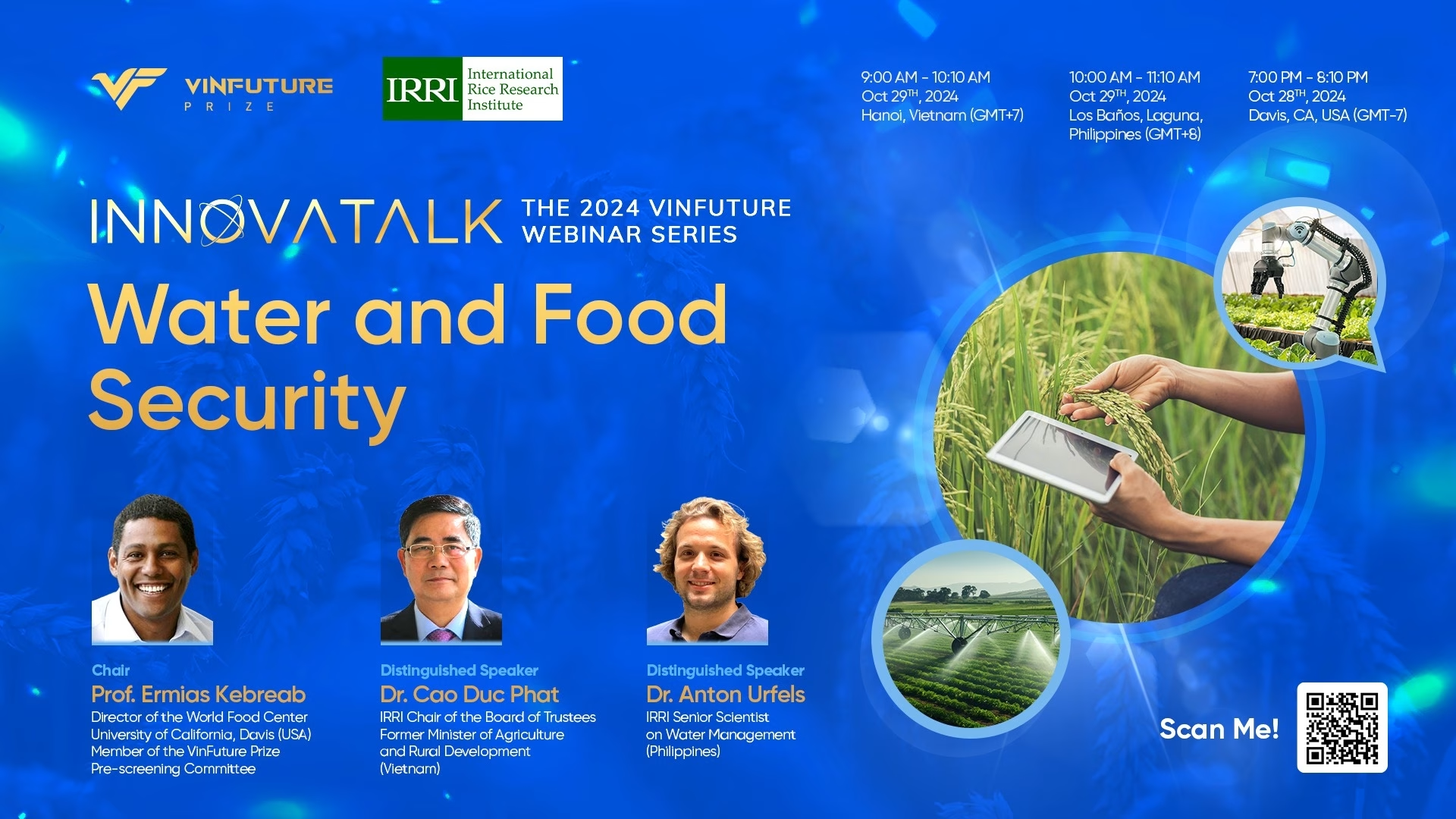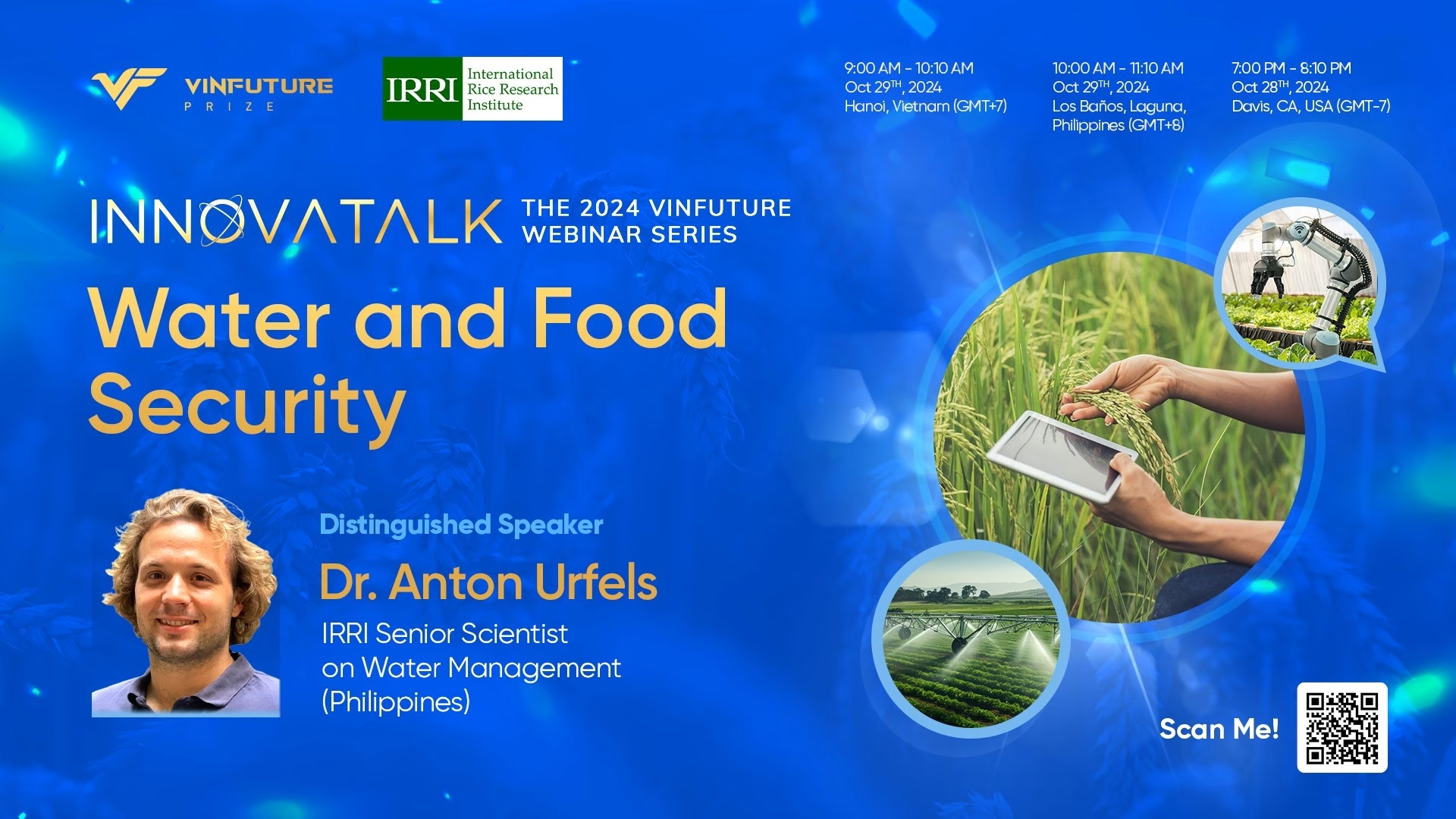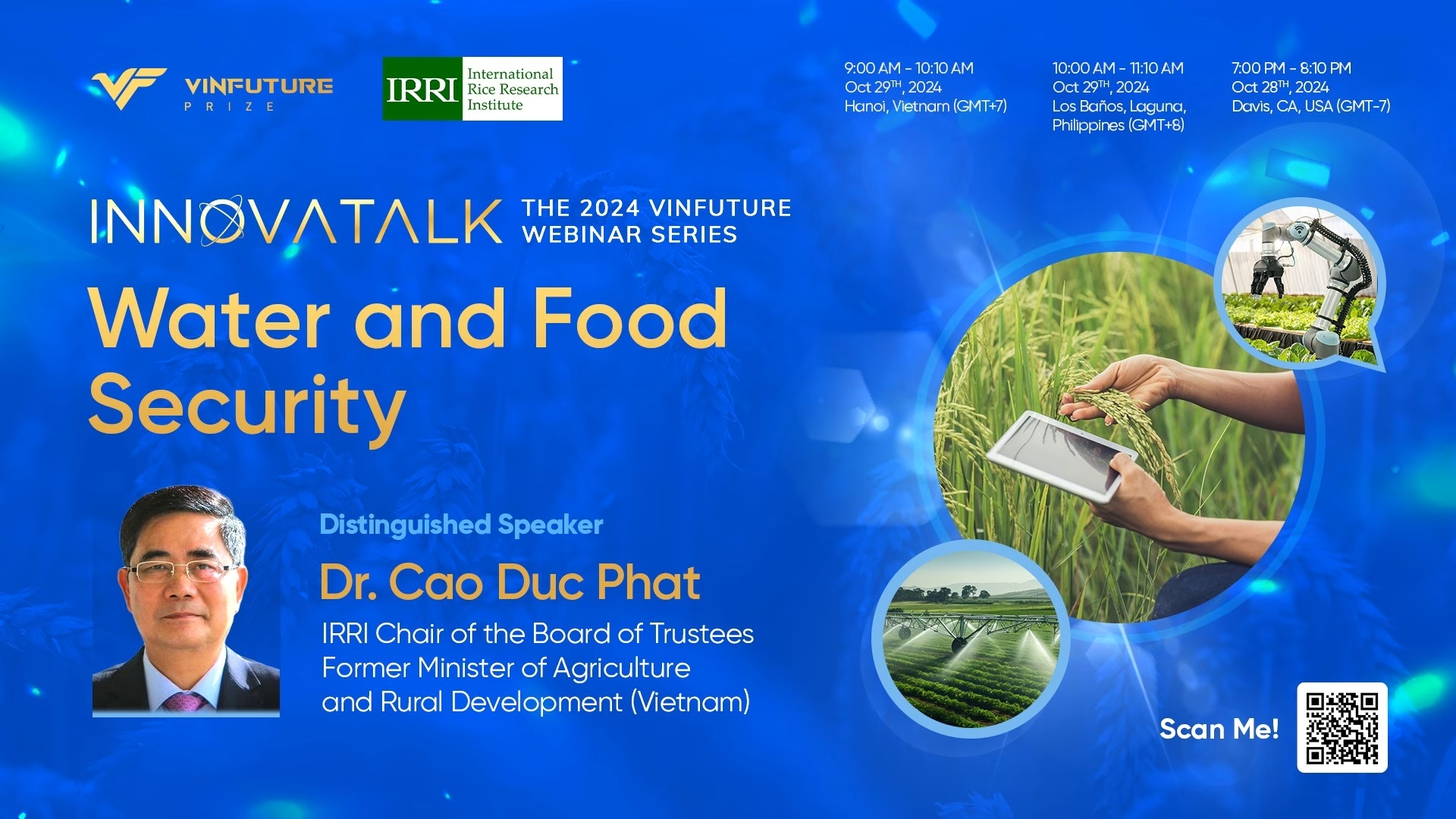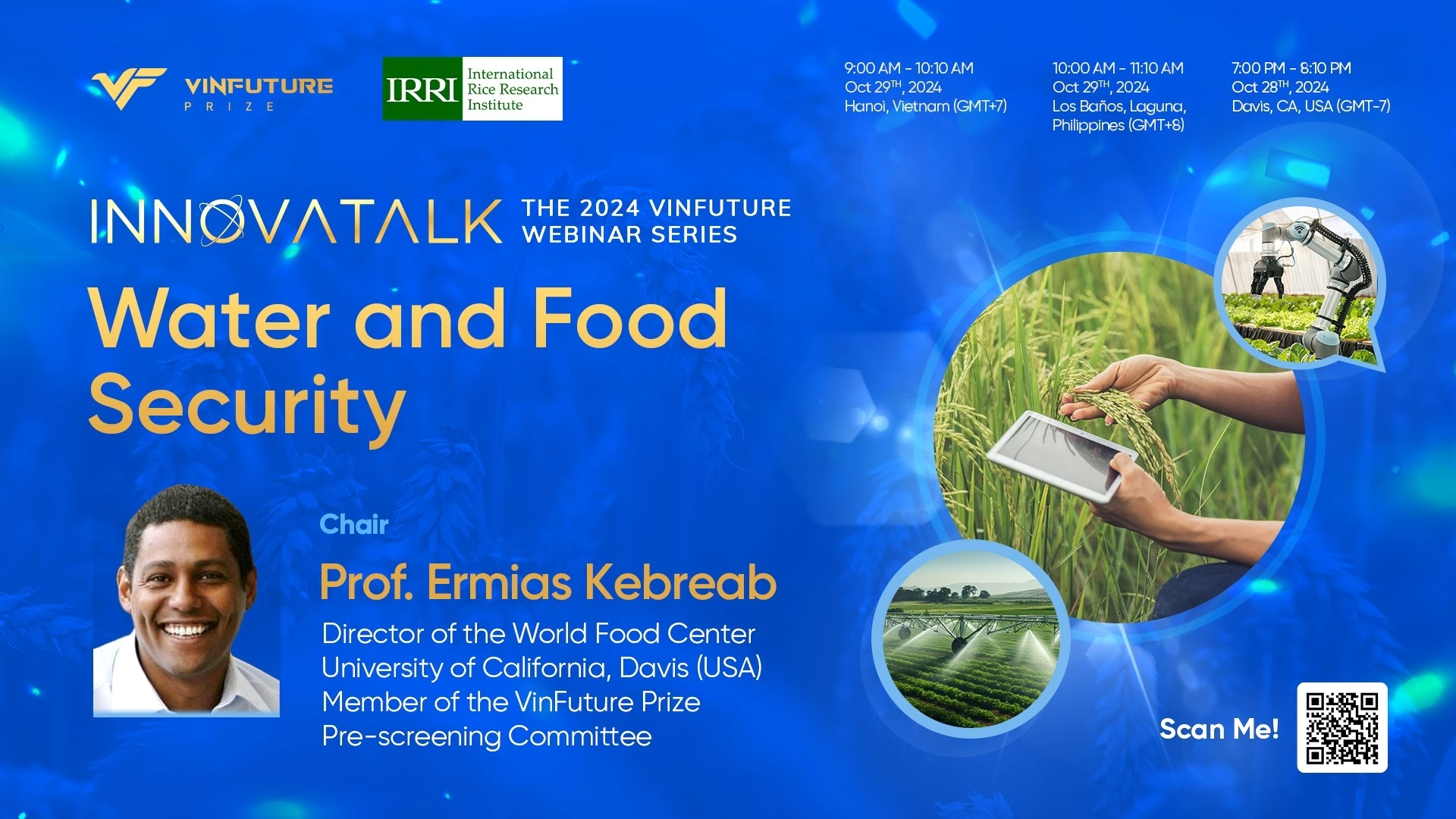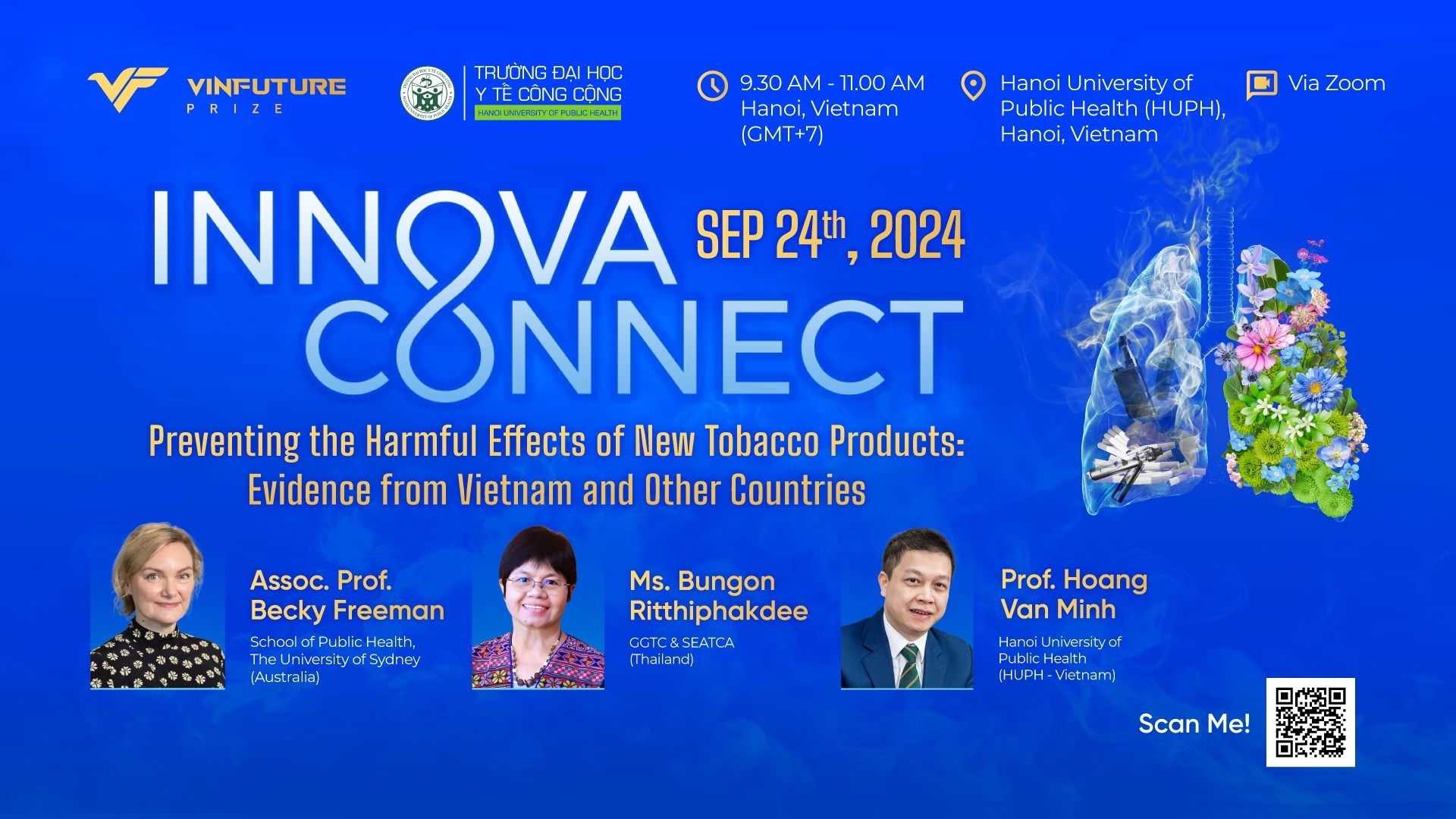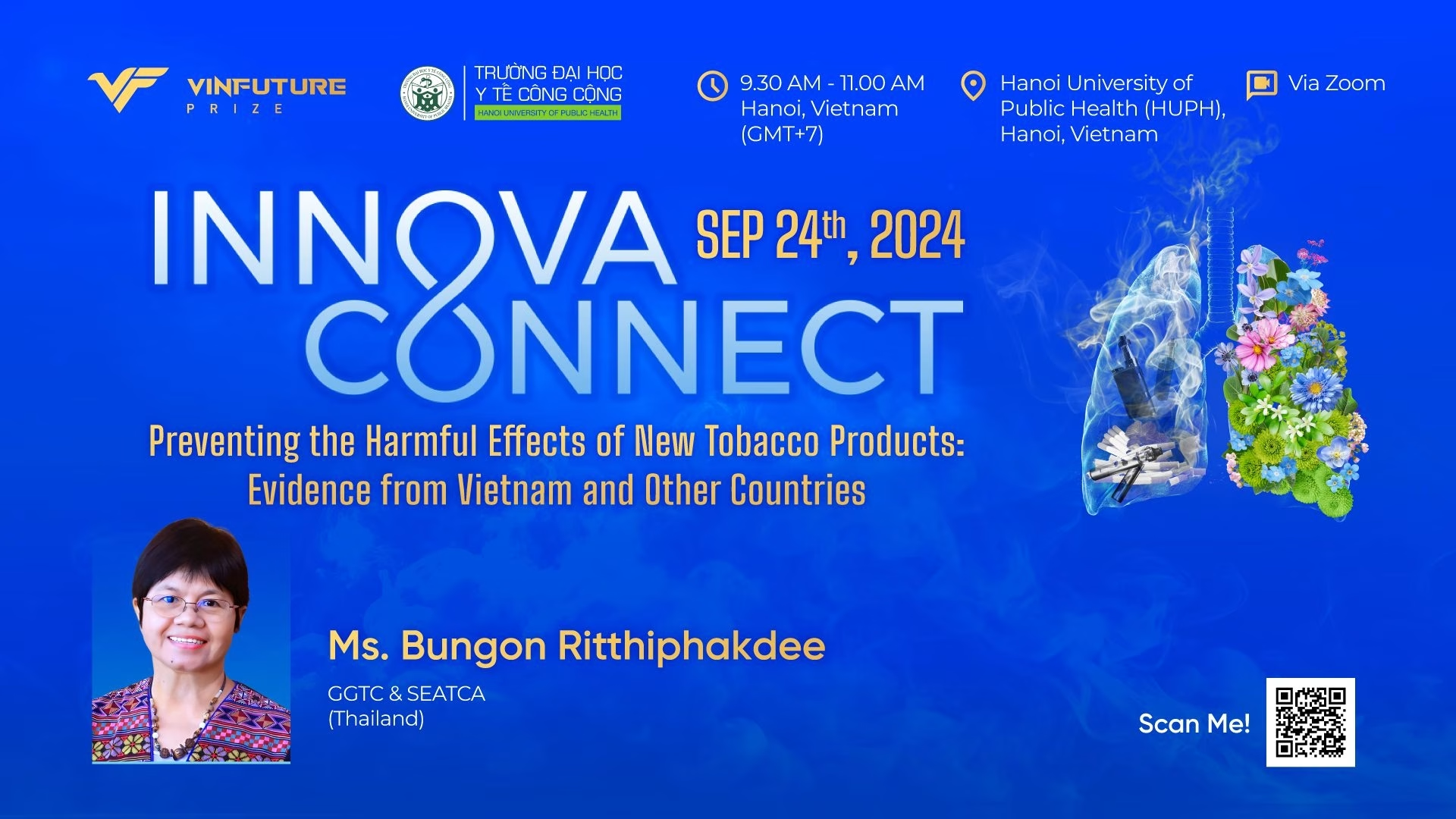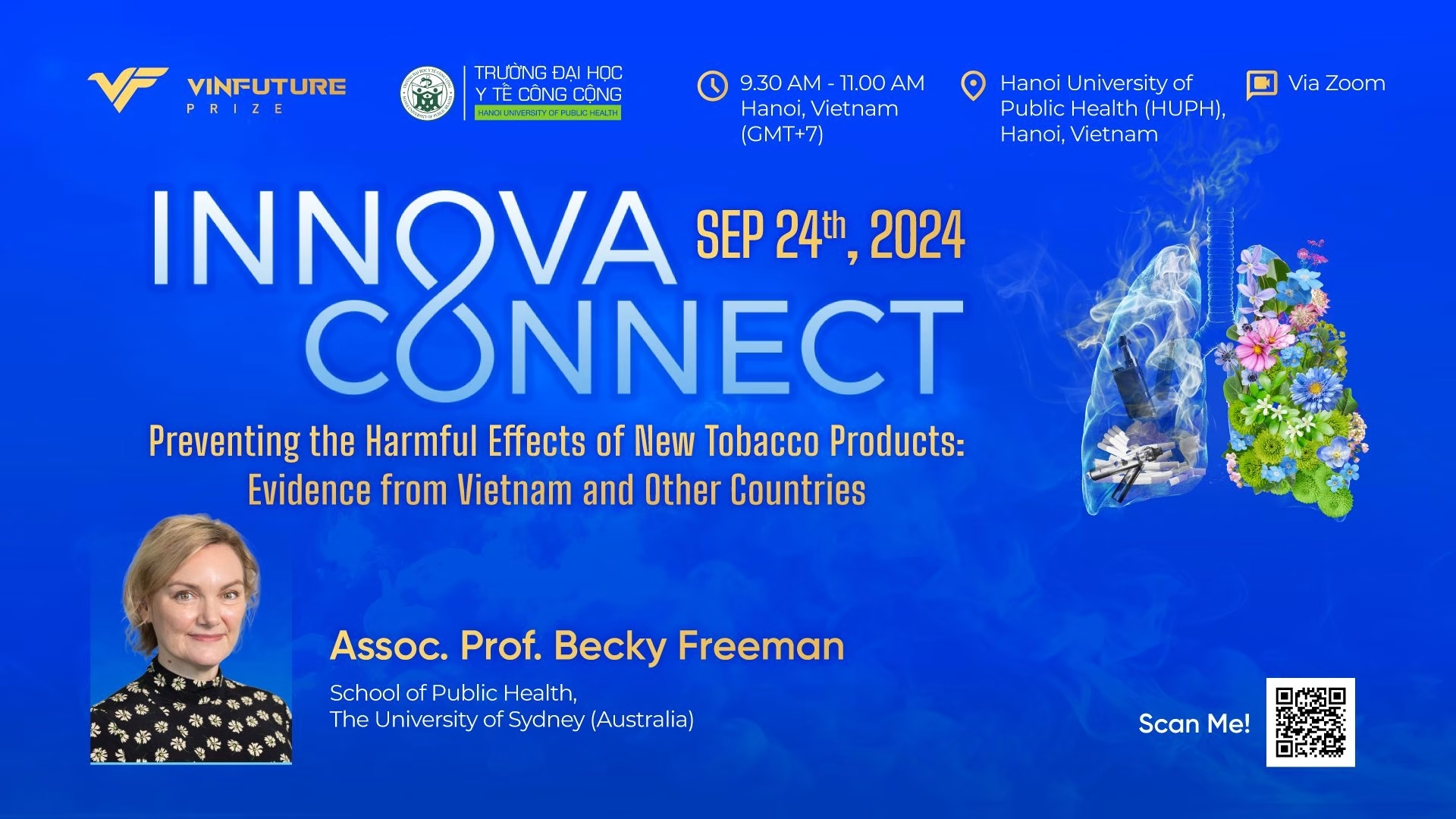MC: Could you please explain what BPA and phthalates are and how they affect the items we consume daily, in simple terms for a broad audience to understand?
Professor Ming Hung Wong: Certainly. These two chemicals, Bisphenol A (BPA) and phthalates are commonly associated with plastics. BPA is a key ingredient in plastics, whereas phthalates are added to enhance durability and flexibility. BPA is often found in water bottles, baby bottles (though less so now), food storage containers, and the lining of food and beverage cans. Phthalates are found in a broader range of products, such as shower curtains, vinyl flooring, plastic toys, and various personal care items like lotions, shampoos, lipsticks, and even some drinks as clouding agents.
In Taiwan (China), about 15 years ago, phthalates in drinks were a primary concern. They were added to beverages like milk tea because they are inexpensive and effective at creating a visually appealing cloudy appearance. Natural alternatives like coconut oil exist, but phthalates were preferred for their cost-effectiveness. They were used widely for about 60 years until strict regulations were put in place and implemented. The concern is that these chemicals can leach from the products into our drinks and food.
MC: Could you highlight any common patterns or trends in environmental pollution that you have observed across developing countries, specifically regarding the use of BPA and phthalates? What advice would you give to Vietnam since the event is taking place there, I believe the Vietnamese audience would be interested in your insights?
Professor Ming Hung Wong: The common patterns we’ve observed in developing countries primarily relate to sources of these chemicals, including industrial pollution, waste disposal, and air pollution from transportation and industry. To address this, we must reduce industrial pollution by setting regulations, adopting cleaner production processes, and improving waste management systems. We should aim to minimize pollution and recycle waste under safe conditions. Investing in renewable energy sources and educating the public are also crucial steps. These are the common trends we’ve seen, and to mitigate the issues.
MC: Earlier, you mentioned that Bisphenol A (BPA) and phthalates appear in many products. Could you provide a detailed example of a common everyday product many people use, explaining how these chemicals get into it and how they might harm our health?
Professor Ming Hung Wong: We use a lot of plastic daily. I’m unfamiliar with Vietnam specifically, but plastic is widely used and overused in places like Hong Kong (China) and Bangkok (Thailand).. Plastic bags and containers are used for beverages and food. Individual plastic bags are usually offered for separate food items, like bread, cakes, and buns. In addition, people sometimes microwave food in plastic containers, which can increase the chances of these chemicals leaching into our food and drinks. Heat, especially extreme heat, can make these chemicals more likely to leak..
Now, regarding the health impacts of these chemicals, both are classified as endocrine disruptors. They interfere with our normal hormone functions, which can affect reproductive success in humans and animals and cause developmental issues like early puberty in girls and slow growth in boys. There may also be other adverse health effects, such as obesity, cardiovascular disease, and impacts on the liver, kidneys, lungs, and other organs. These are some of the potential human health impacts.
MC: Could you share more details about what you’ll be presenting at the InnovaConnect event? What kind of information will you provide to the audience, which includes professors, lecturers, and students from the Vietnam National University – Hanoi University of Science?
Professor Ming Hung Wong: My presentation will offer a historical overview of how we’ve addressed the issue of Persistent Organic Pollutants (POPs). We’ll discuss the Stockholm Convention, enacted in 2003, and the regionally based assessment of persistent toxic substances, which I was heavily involved in for several years. Then, we’ll delve into emerging chemicals of concern, including microplastics. The sequence will be legacy POPs, the Stockholm Convention, and emerging chemicals like BPA, flame retardants, and microplastics. We’ll also examine other toxic chemicals beyond these.
MC: Are there lessons to be learned from other countries’ approaches to managing these two chemicals?
Professor Ming Hung Wong: Absolutely. Many countries are making significant efforts to address these issues. In Hong Kong (China), for instance, I was recently interviewed about using plastic straws. They’ve been banned, and we’re now discussing alternative materials like natural products, paper, and glass. However, while paper sounds ideal, it often requires coatings or linings to increase durability, which can raise other concerns. We’ve also discussed biodegradable plastics, but they require specific facilities for proper disposal. They may not degrade appropriately in the ocean or landfills. So, there are still many challenges to overcome.
MC: Looking at the big picture, many countries are still grappling with this complex issue. Based on your knowledge, research, and observations, how can Vietnam effectively manage these two chemicals?
Professor Ming Hung Wong: Like other countries, we aim to safeguard ecological and human health. To achieve this, we should establish regulations, including those for alternative materials free of these chemicals and setting limits on their presence. Regulations, sustainable consumption and production practices, and individual behavior changes are all essential. The public should be informed about the potential health risks, empowering them to make informed choices.
MC: The InnovaConnect event is hosted by VinFuture. Before accepting our invitation as a special guest, have you heard of VinFuture? How do you perceive initiatives like the VinFuture Prize in contributing to fostering collaboration and innovation within the scientific community to serve humanity’s interests in an increasingly globalized world?
Professor Ming Hung Wong: Yes, I learned about VinFuture two years ago at a workshop on dioxins. If I understand correctly, the main objectives of the VinFuture organization are to foster collaboration and innovation and to support activities that address global problems through an interdisciplinary approach. The VinFuture Prize, in particular, is vital in driving scientific progress and serving humanity’s interests. This is an excellent start because scientific innovation and scientists need recognition. Recognition is crucial for encouraging scientists to continue their work and address the global challenges we face.
MC: Are there any recent or emerging technologies for dealing with BPA and phthalates that interest you?
Professor Ming Hung Wong: Many are trying to eliminate the use of these chemicals, but it’s difficult for everyday items. Plastics are lightweight, durable, and widely used in various products. However, we need to be mindful of their potential health effects. If we can’t completely abandon them, we should choose safer types of plastics and consider alternatives like glass bottles or ceramic containers. Informing the public about these options and their usage is crucial.
One example is the microbeads used in personal care products. I’m not sure if you’re aware of this, but in Hong Kong (China), we’ve tried to ban microbeads in toothpaste and cosmetics like facial scrubs. ‘Household Dirty Dozen’, the potentially toxic chemicals used in cosmetics and personal care products, will be dealt with in CleanUp 2024 in Adelaide, where I will present one of the Plenary Talks. This refers to various chemicals like petroleum tar, BPA, and triclosan. Triclosan, often added to soaps and detergents, has contributed to the rise of antibiotic-resistant bacteria.
We must consider the entire picture: sources, fates, effects, and management of these chemicals, including production, consumption, and disposal.
MC: As you mentioned, BPA and phthalates are inexpensive, which is why they’re so widely used. Are there any challenges in transitioning to alternatives on a larger scale?
Professor Ming Hung Wong: I expect so. Implementing any new policy usually involves diverse opinions from various stakeholders. For example, in Hong Kong (China), we’ve been working on household waste separation. In the past, all sorts of waste were mixed, but now we’re trying to separate food waste from other materials like cans and paper. Food waste can be decomposed into fertilizer, compost, or even animal feed.
However, these new regulations often face initial resistance. People may be concerned about the procedures and need time to adjust. It takes time for everyone to adapt to new regulations and guidelines, but it’s important to understand the necessity of these changes and start early.
